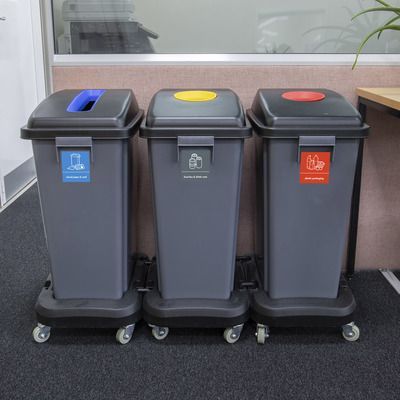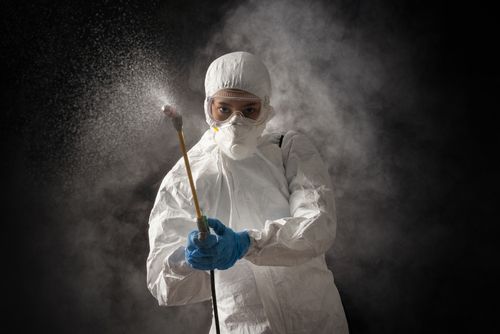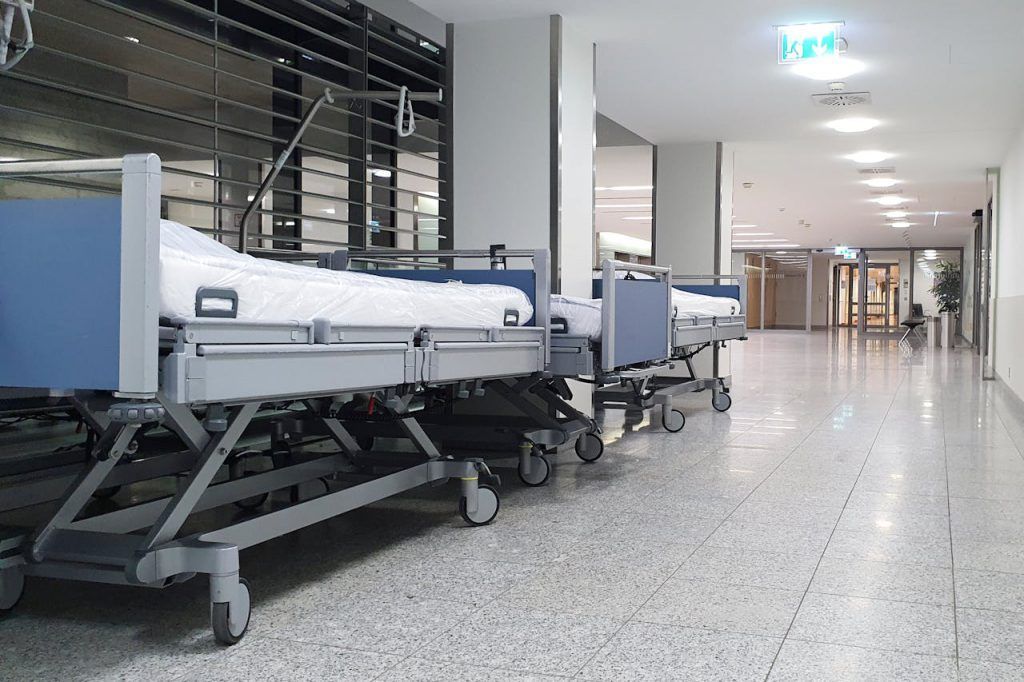How Cleaning Can Help Your Mental Health
The post How Cleaning Can Help Your Mental Health appeared first on Spectrum.



Get in touch
Spectrum Cleaning Solutions, Londesborough Road Business Park, Scarborough, North Yorkshire
Phone: 01723 373 509
Opening hours
Monday - Thursday: 8:30 -17:00
Friday: 8:30-16:00
Saturday - Sunday: Closed

Being in environments that are cluttered make for easy distractions, which can in turn impair the brain’s ability to process information to the best of its ability and leave you feeling disconcerted. This means that not only does it matter to keep your home clean and tidy, but also keeping your workspace – whether this is a desk, van, classroom or anything in between – clean and tidy as you can be more productive and develop healthy habits at work if you pay more attention to the cleanliness and organisation of your environment. By implementing techniques and habits that will help you to be tidier, you may feel better about yourself and the space in which you work, without having any anxiety about misplacing or losing documents or creating mounds of unfinished business.
A 2010 study[1] on how people described their homes and how this affected mental well-being showed that people who describe their home as “cluttered” or crowded with “unfinished projects” were more likely to be fatigued and depressed. In comparison, those who defined their home as “restful” and “restorative” had higher levels of happiness and mental well-being.
These findings highlight the way in which cluttered and messy environments can make it difficult for us to focus on particular tasks and achieve goals throughout the day and week. But by engaging in a regular cleaning routine, research shows[2] that we feel more optimistic after a failure, as being clean and tidy can help to boost self-esteem and confidence.
So, what can we easily do to make our living and working environments cleaner, so that we can positively affect our mental well-being? We’d recommend the following:
References:
The post How Cleaning Can Help Your Mental Health appeared first on Spectrum.



Opening Hours
Monday - Thursday: 8:30 -17:00
Friday: 8:30-16:00
Saturday - Sunday: Closed
Get in Touch
Spectrum Cleaning Solutions, Londesborough Road Business Park, Scarborough, North Yorkshire
Phone: 01723 373 509
Spectrum Cleaning Solutions Limited is a registered business in England & Wales under company number 04687668.
Registered company address: Units 9 & 10 Londesborough Road Business Park, Londesborough Road, Scarborough, North Yorkshire, England, YO12 5AF.